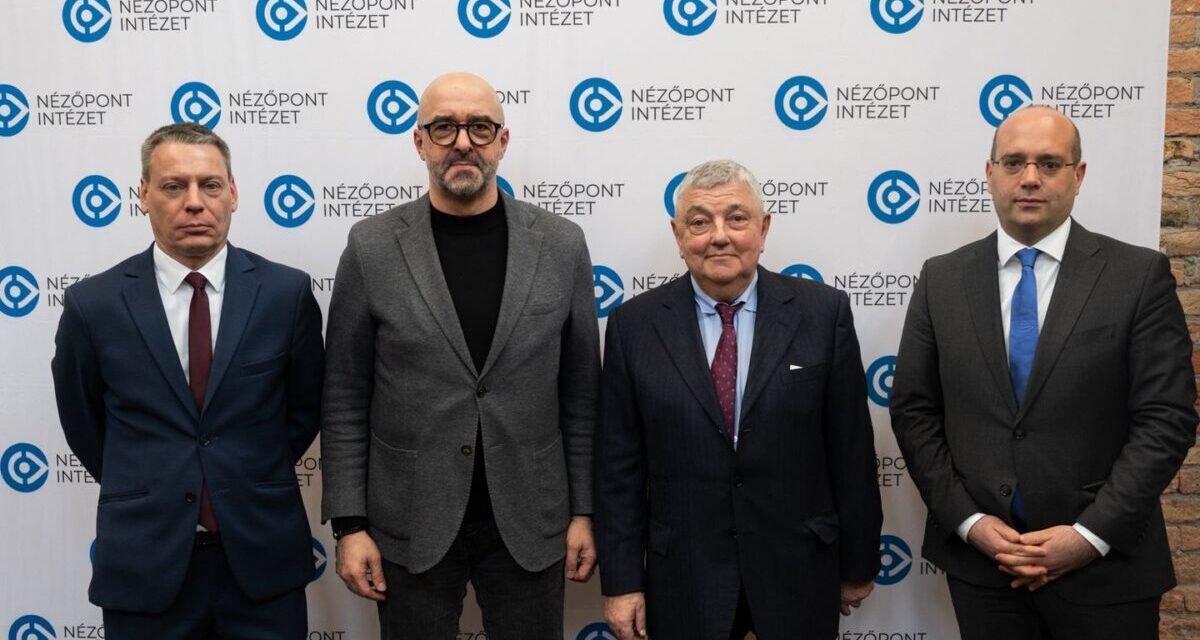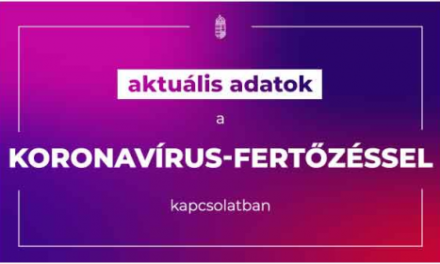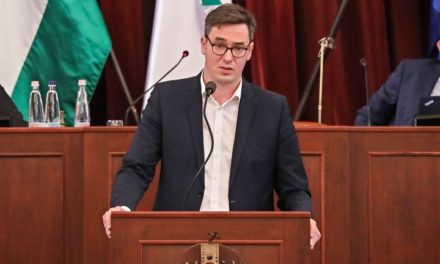Hungarian politics and its narrative are based on reality , pointed out Zoltán Kovács, who says that there will be no less conflict in the future either, and as the war drags on, reality is increasingly "knocking" in Western Europe.
The Nézőpont Institute presented its research examining 100 politically relevant online and print media products covering 18 countries and 15 language areas for the year 2023 under the title Hungary image in the international press. The domestic political successes and political initiatives of Viktor Orbán's administration (family and child protection, gender issues, sovereignty protection, anti-migration measures), as well as his decisive international action even in the face of the greatest political headwinds, have attracted the interest of world political actors, which also entails prominent media interest.
The most diverse challenges in the international arena (migration and Covid crisis, Russian-Ukrainian conflict) and the sovereign Hungarian solutions to them only further strengthened the intense attention directed at Hungary, and even the (unorthodox) effective measures that deviate from the international mainstream are particularly sharp political and the crossfire of press attacks – often friendly – was directed at our country, the analysis of Nezőpont shows.
In addition to the peculiarities of the Hungarian model, the reports about our country in the year 2023, especially their favorable or opposite sign, were determined by the Russo-Ukrainian war in terms of the perception of Hungary.
The policy of the Hungarian government is not influenced by what the Western press says about it , stated the Secretary of State responsible for international communication and relations of the Prime Minister's Cabinet Office at the presentation of the Nézőpont analysis in Budapest on Thursday.
Zoltán Kovács said: the goal of the media attacking Hungary is to completely disable and quarantine the government that has won two-thirds of the vote four times in a row. There was no chance of changing this narrative in the past fourteen years, because "the other side, round pretzel, we can say that we are not interested in such a dialogue," he said.
The State Secretary emphasized: Hungarian politics and its narrative are based on reality.
The government tries to pursue a policy based on a national interest, the interest of the Hungarian people, by preparing, making and implementing decisions, even if this conflicts with the ideas of other countries or those working in European institutions, he pointed out.
K ovács, conflicts will not decrease in the future either. Among the reasons, he referred to the pro-peace Hungarian position taken in relation to the Russo-Ukrainian war, the European Parliament election campaign and the period of the Hungarian EU presidency.
Levente Bánk Boros, director of political analysis at the Nézőpont Institute, said about the research examining the 19,153 media appearances of 100 politically relevant online and printed media products in 18 countries and 15 language areas related to Hungary: in recent years, media attention to Hungary has become more and more intense.
This was mainly due to the Russian-Ukrainian war and Hungary's pro-peace position in relation to it. In the Russian press, the country's average appearance per medium was 139 in 2021, while it increased to 697 last year.
Speaking about the divisive and polarizing nature of the war, Levente Boros Bánk indicated: it is increasingly typical that the neutral perception of Hungary turns into a positive or a negative one. In the Anglo-Saxon speaking area, it can be observed in particular that the previously neutral position has become critical, and the previously neutral Russian press has increasingly mentioned the country in a positive context.
He also noted that the number of positive news about Hungary increased slightly in the French, Spanish, English and Italian language areas, while the number of articles with a positive tone in Polish decreased last year.
In the closing part of the event, Sámuel Ágoston Mráz, the head of the Nézőpont Institute, talked with Zoltán Kovács and German journalist and media entrepreneur Georg Gafron about Hungary's media appearances in the West.
According to Georg Gafron, critical opinions are in the majority, and Zoltán Kovács also stated: he has not seen an article in the German mainstream press in which Hungary is presented positively for a long time. " n't be a propagandist or a philosopher, but present reality," he underlined, adding that four-fifths of German journalists write from the point of view of the Greens or the Social Democrats .
In connection with the pro-peace position, the German journalist also spoke about the fact that more than two-thirds of the population in Germany supports the Ukrainians, they are very afraid of the Russians, which is why they understand Hungary's pro-peace position less.
And Zoltán Kovács emphasized: as the war drags on, reality is increasingly "knocking" in Western Europe.
The state secretary confirmed that the interest of the nation, and not foreign opinion, will determine what the government does. Georg Gafron encouraged the Hungarians to talk about their positive results.
M YOU
Cover photo: Levente Bánk Boros, Zoltán Kovács, Georg Gafron and Sámuel Ágoston Mráz participated in the presentation of the Nézőpont analysis
Source: Facebook/Nézőpont Institute












